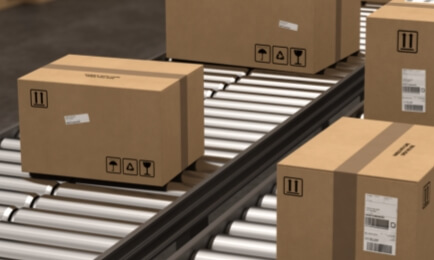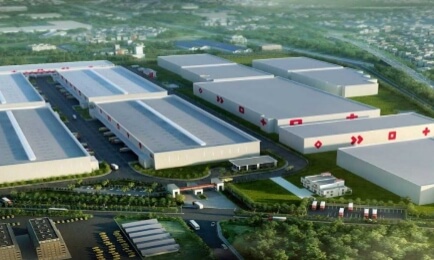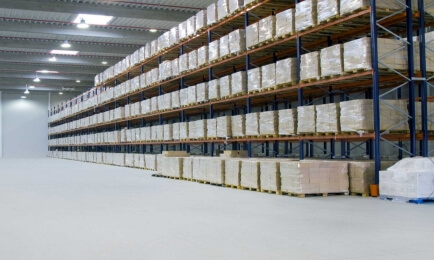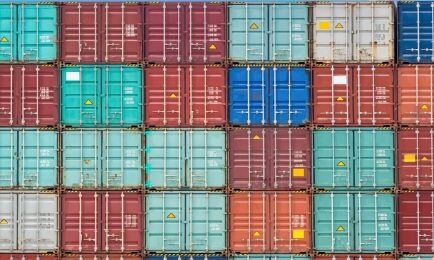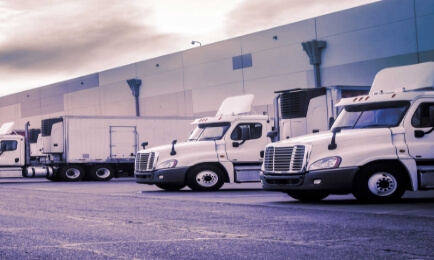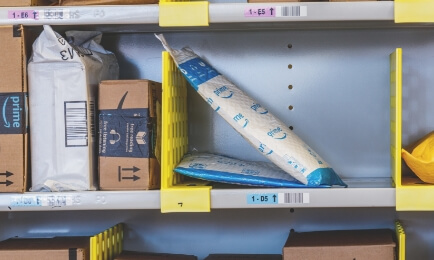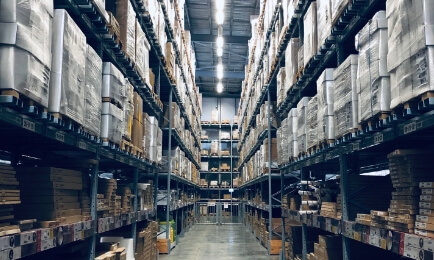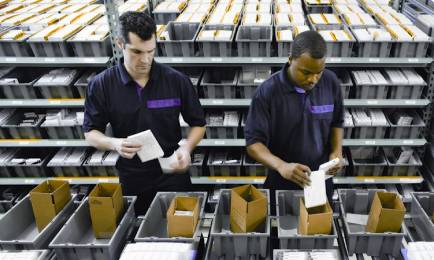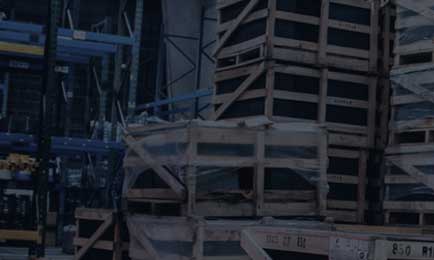B2B Fulfillment
The B2B industry is experiencing exponential growth in terms of participation in the e-commerce sector. Gradually, B2B enterprises, traders and importers are becoming an active part of the fulfillment world. The primary function of B2B fulfillment is shipping products in bulk to other businesses instead of customers. Join Stockarea for the optimal solution of your B2B Fulfillment needs.




